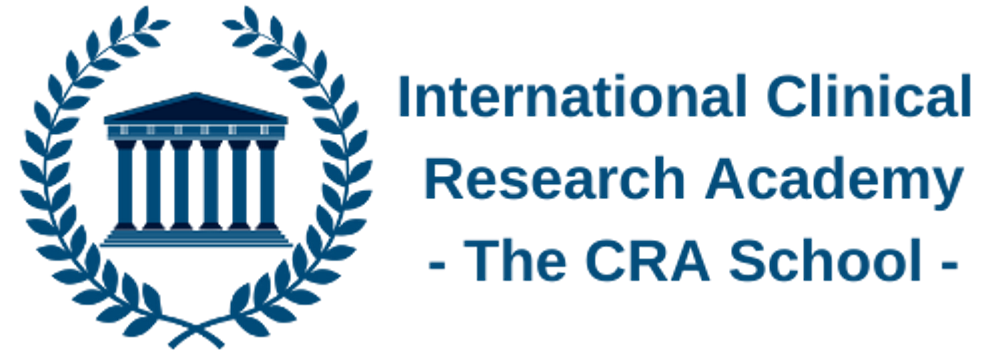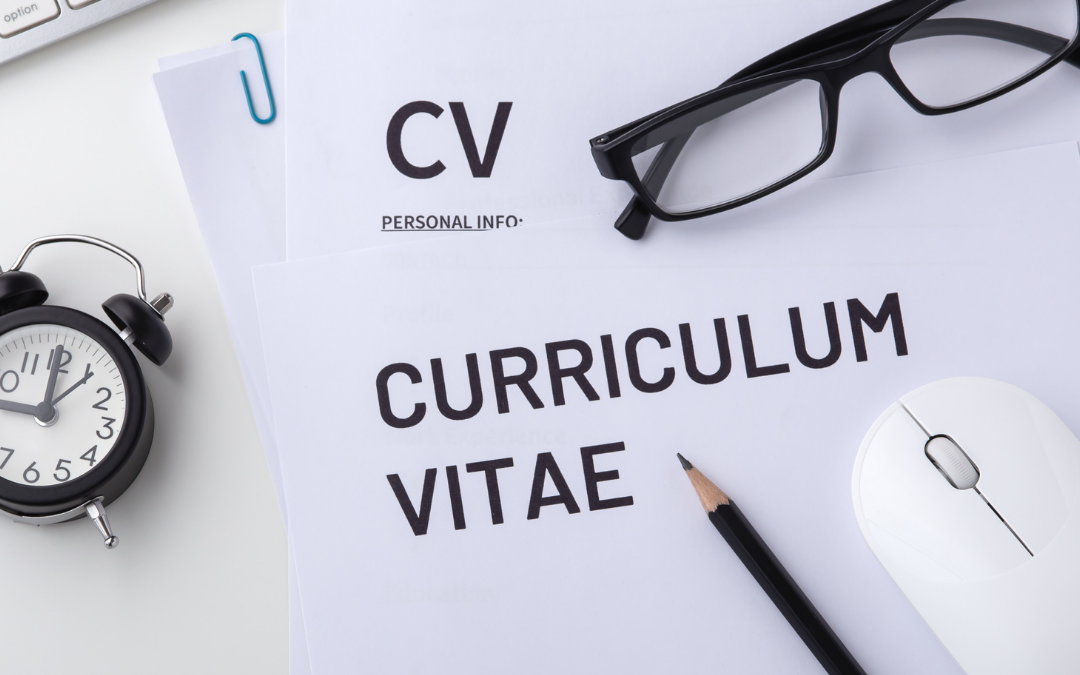Many people have “their CV” and send it out for any and all positions that they are interested in.
However, this is a mistake – the CV must be carefully adapted to fit each job description. Sending a non-adapted CV is counterproductive if you really want to get the job. It shows a lack of interest in the job, negligence, and you risk being rejected for over-qualification or lack of appropriate keywords. Bad formatting, spelling errors, wrong organization of the CV, inappropriate cover letter are several other reasons to be rejected on the first visual scan. You only get one chance to make a good (or bad) first impression.
What is the main reason for failure of Clinical Research CVs?
Here are some comments from a recruiter about the CVs sent by our students for a Clinical Research Assistant position in response to one of our job leads.
I am forwarding to my PI a total of 3 resumes. So far, the last one did not make the cut, and I will send back those that did not pass my first screening.
Some candidates clearly stated in their e-mail that they are looking for a job in the pharma industry and this is an academic position. A non-adapted CV shows a lack of real interest and motivation for the job. Would you hire such a person?
In some cases, I had to really “search” for the qualifications that I was looking for, or there was no cover letter, or the CV either lacked clarity and direction, or the CV was not proofread.
In most cases, I immediately dismissed the candidature, given the lack of good English, which is not the fault of the candidate, but I know that my boss is looking for that. I don’t mind editing the CV’s a bit, but they all need reworking.
The importance of CV adaptation in clinical research
Clinical research is a heavily regulated field: laws and regulations must be followed to the letter. Attention to detail is the main requirement for these well-paid jobs. Due to the large scope and volume of the regulatory requirements in the law that guarantee the safety and wellbeing of the study participants and the quality of the generated data, the tasks are distributed among several employees. Therefore, adapting the CV for every job depending on the specific job requirements is a must.
How do I make an impact?
The job description provides most of the clues that you need to adapt your CV effectively. Read through it carefully and note the most relevant keywords. They are telling you want they want in a successful applicant! If you can, use these keywords and key skills in your CV and give back to them what they want to hear (assuming that these are truthful statements). For example, if they require someone who has experience in managing electronic trial data, elaborate on your experience with Clinical Trial Management Systems. Sometimes “soft skills” are difficult to effectively sell on your CV, but if they state that they require someone who will be an interface with various groups, you should tell them about your communication skills and give evidence from past work about your success in managing groups.
Note that you should make this strategy subtle. It should not be too obvious that you are simply repeating elements from the job description. Work the keywords in so that they sound natural and not forced.
Adapting the Introductory Profile
The introductory profile should read like an abbreviated cover letter that specifically targets the position being applied for. This is your best chance to make a very good first impression in just a few sentences. Surprisingly, some people will keep text in the profile that will disqualify them from consideration (in the example above the candidate applied for an academic position and said that they wanted a job in pharma). By the end of the introduction, the person reading should feel that you are a great candidate, or at the very least, will retain your CV for further inspection.
The Results
If your CV is properly adapted, when the hiring manager reads your CV, they will see a perfect fit for the job. Granted, this takes time, but the results are worth it. By sending out a generic non-adapted CV for all job openings, you may get lucky. By adapting your CV and tailoring it to a specific job description, you are not relying on luck any more – you are using your communication skills to make an impact and stand out from the crowd.


